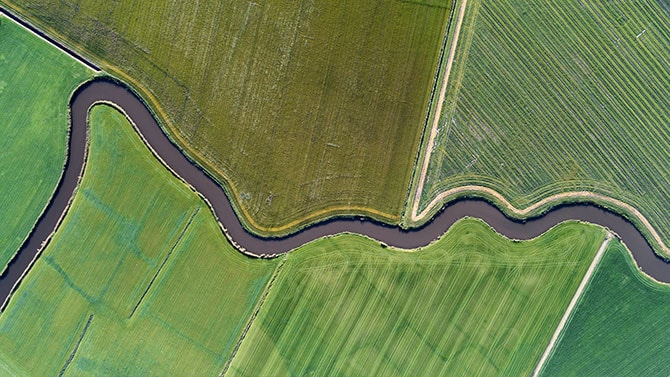Introduction of ‘Register of Overseas Entities’ owning UK land
March 11, 2022
The ‘Register of Overseas Entities’ was introduced as part of the Economic Crime (Transparency and Enforcement) Bill (Bill 262) (“The Bill”) in the House of Commons on 1 March 2022. The Bill is being fast-tracked by the UK government in response to the Russian invasion of Ukraine. This measure forms part of the UK government’s strategy to combat economic crime, seeking to level the playing field with property owned by UK companies, who already need to disclose their beneficial owners to Companies House.
The proposed register would become the third register of beneficial
ownership in the UK sitting alongside the existing People with Significant Control Register (PSC) for companies and the Trust Register.
The Bill also features changes to strengthen the Unexplained Wealth Order (UWO) regime and amending existing legislation on UK sanctions.

Key highlights
The Bill has been divided into three main parts:
- Register of Overseas Entities
- Unexplained Wealth Orders
- Sanctions
Register of Overseas Entities
The first part of the Bill seeks to establish a public register of beneficial owners of non-UK entities that own or buy land in the UK, operated by the Companies House registrar.
Who will it apply to?
The registration requirement will apply to:
- any company or similar legal entity (including companies and partnerships, not trusts) that is governed by the law of a country or territory outside the UK (overseas entity); and
- individuals who have significant influence or control over the entity, e.g. they hold 25% or more of the shares or voting rights (beneficial owners), similar to the existing ‘People with Significant Control’ (PSC) regime in place for companies.
How will it work?
An overseas entity will be required to identify its beneficial owner(s) and to register them with Companies House, along with documentation and information (including name, address and date of birth) required to be verified.
Once registered, an overseas entity ID number will be provided and the entity will be required to update its information annually, until such time as it successfully applies to be removed from the register.
To register title to land, an overseas entity will have to demonstrate it is registered and must comply with the duty to update information (due 14 days after the first anniversary of registration).
The requirement to register will apply retrospectively to land acquired on or before 1 January 1999 in England and Wales and 8 December 2014 in Scotland. Overseas Entities would have an 18-month transitional period from the Act coming into force to dispose (sell off) their land or register.
When will the register come into effect?
The Bill forms part of the Government’s urgent response to the Russian invasion of Ukraine and the intention is for the register to be implemented “at pace” following Royal Assent.
What will happen in the case of non-compliance?
Failure to register (or submitting false information) would be a criminal offence and also prevent the entity from being able to buy or sell UK property in the future.
Similarly, a transfer of land in breach of the registration requirement would also amount to a criminal offence on both the entity and its responsible officers (such as a director), including fines of up to £500 per day or a prison sentence of up to 5 years.
Unexplained Wealth Orders
The proposed reforms will enable UWOs to be sought against property held in trust and other complex ownership structures such as opaque foundations.
Notable amendments include:
- “Responsible officers” (such as directors) of an entity that owns property are now capable of receiving a UWO, allowing law enforcement to get information more easily
- Allowing law enforcement to to apply for an interim freezing order (at the same time as applying for UWO) to prohibit the person from selling the property
Sanctions
Additional amendments to existing legislation on UK sanctions have been proposed, including allowing the Treasury to publish notices on cases where sanction breaches (but no financial penalty imposed) and expanded information-sharing powers relating to sanction.
Next steps
The Bill is currently being fast-tracked through Parliament with possible amendments being made prior to the House of Lords readings. We note a political push-back in relation to increasing the level of financial penalties and shortening the transition period, and would therefore expect potential amendments on these clauses prior to enactment.
In terms of local impact, any Channel Islands entities and structures owning UK property will need to understand their potential UK registration requirements, paying particular attention to the retrospective effect of the Bill and transitional period, in addition to their existing obligations with the JFSC and GFSC.
Directors responsible for any overseas entities owning UK land should take note of the individual criminal sanctions and extension of the UWO regime to “responsible officers”.
If you have any questions in relation to the above, please do not hesitate to get in touch with your usual PwC contact or any of the individuals listed below.
Contact us












